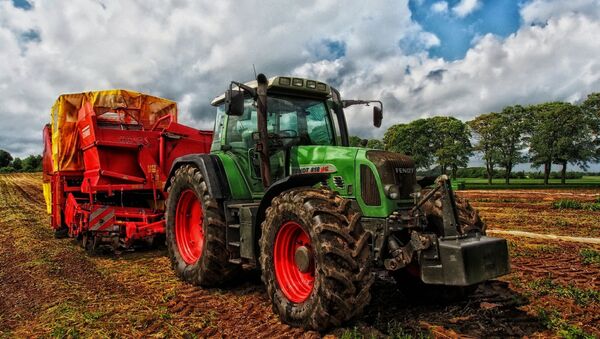Following the release of a critical UN report maintaining that a million animal and plant species worldwide are teetering on the brink of extinction, Denmark's nature and biodiversity efforts have been severely questioned.
According to the Danish Society for Nature Conservation (DSNC), Denmark must step up its nature conservation efforts. These are all the more important, given that Denmark is the world's second-most land-cultivated country. About 66 percent of its land is earmarked for agricultural purposes.
"The most important task for the coming parliament is to ensure significantly greater areas for nature. So we've teamed up with the agriculture sector in a land reform that will transfer farming land into nature", DSNC head said Maria Reumert Gjerding told Danish Radio.
While admitting that the current government's measures were all in the right direction, she called them "mouse steps", lamenting the sluggish progress.
"We have so few areas in Denmark dedicated to nature; most of our threatened species live in the forests, but are being marginalised by intensive wood production. It will take a massive effort to set aside more areas for untouched forest", Gjerding said.
Environment and Nature minister, Jakob Ellemann-Jensen, said that the government has set aside 14,000 hectares of untouched forest in Denmark in recent years, though he admitted more needs to be done.
READ MORE: Organic Food More Harmful to Earth Than Regular Food, Study Finds
Woodlands take up 11 percent, while towns, roads and scattered habitation take up another 10 percent. The rest is nature or listed areas such as lakes, watercourses, heaths, dunes, and beaches.
Agriculture in Denmark, despite its continuously declining share of the economy, belongs to the primary sector of the economy and remains the oldest and one of the largest factors in Danish exports. Denmark is home to various types of agricultural production from animal products such as pork, beef, poultry and dairy to vegetable products including potato starch and grass seeds, as well as traditional grain and vegetable crops.
The UN report, produced by the Intergovernmental Science-Policy Platform on Biodiversity and Ecosystem Services (IPBES), was compiled by an international team of researchers from more than 50 countries, and it is the first of its kind.
READ MORE: Swedish Philosopher Bashed for Demanding 'Global Climate Dictatorship'
The massive report is 1,800 pages long and draws from nearly 15,000 sources from research facilities and authorities.
"Biodiversity and nature's contributions to people are our common heritage and humanity's most important life-supporting 'safety net'. But our safety net is stretched almost to breaking point", Argentinian Sandra Díaz, of the 145 experts behind the report, said. "The diversity within species, between species and of ecosystems, as well as many fundamental contributions we derive from nature, are declining fast, although we still have the means to ensure a sustainable future for people and the planet".




